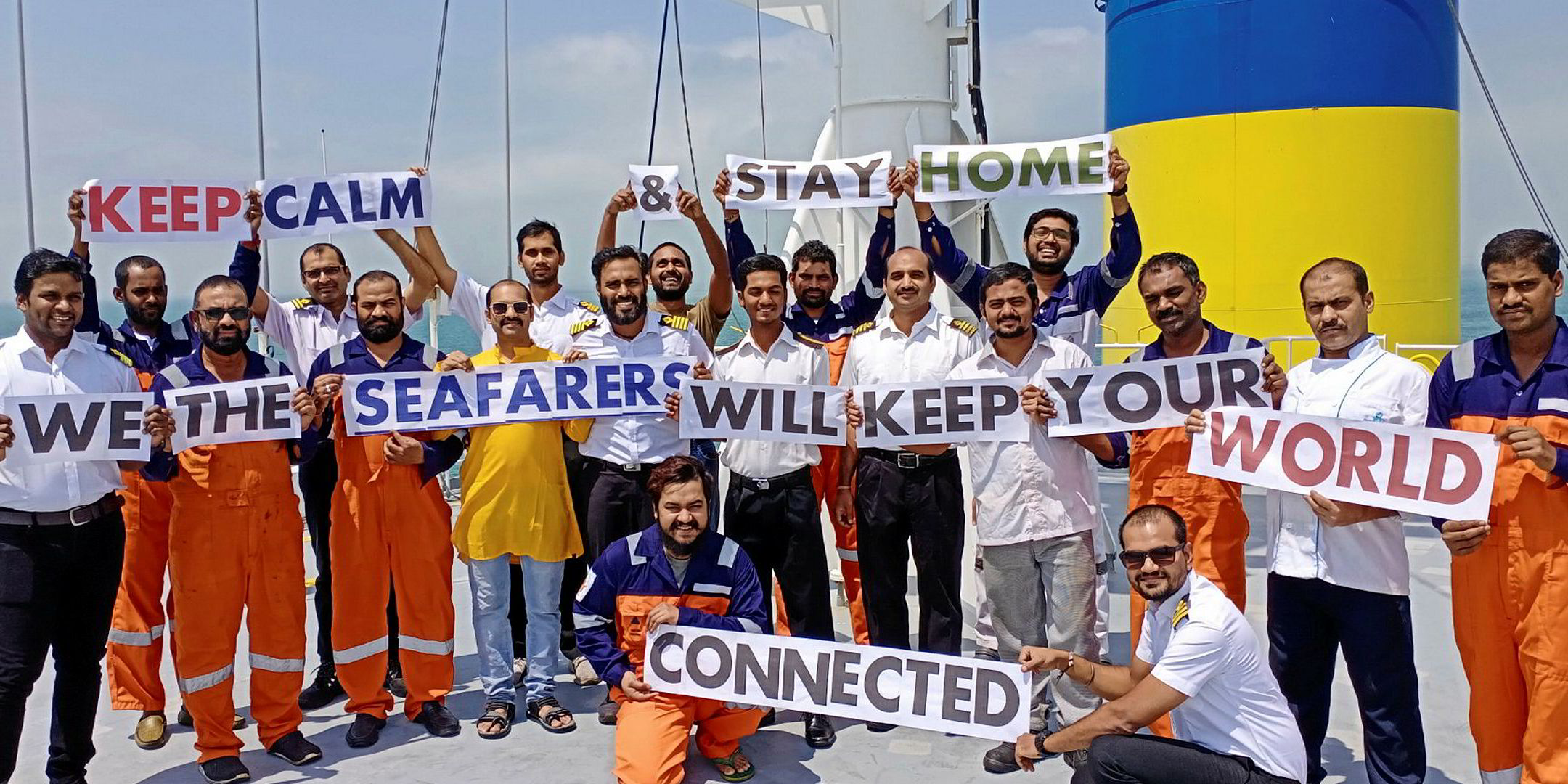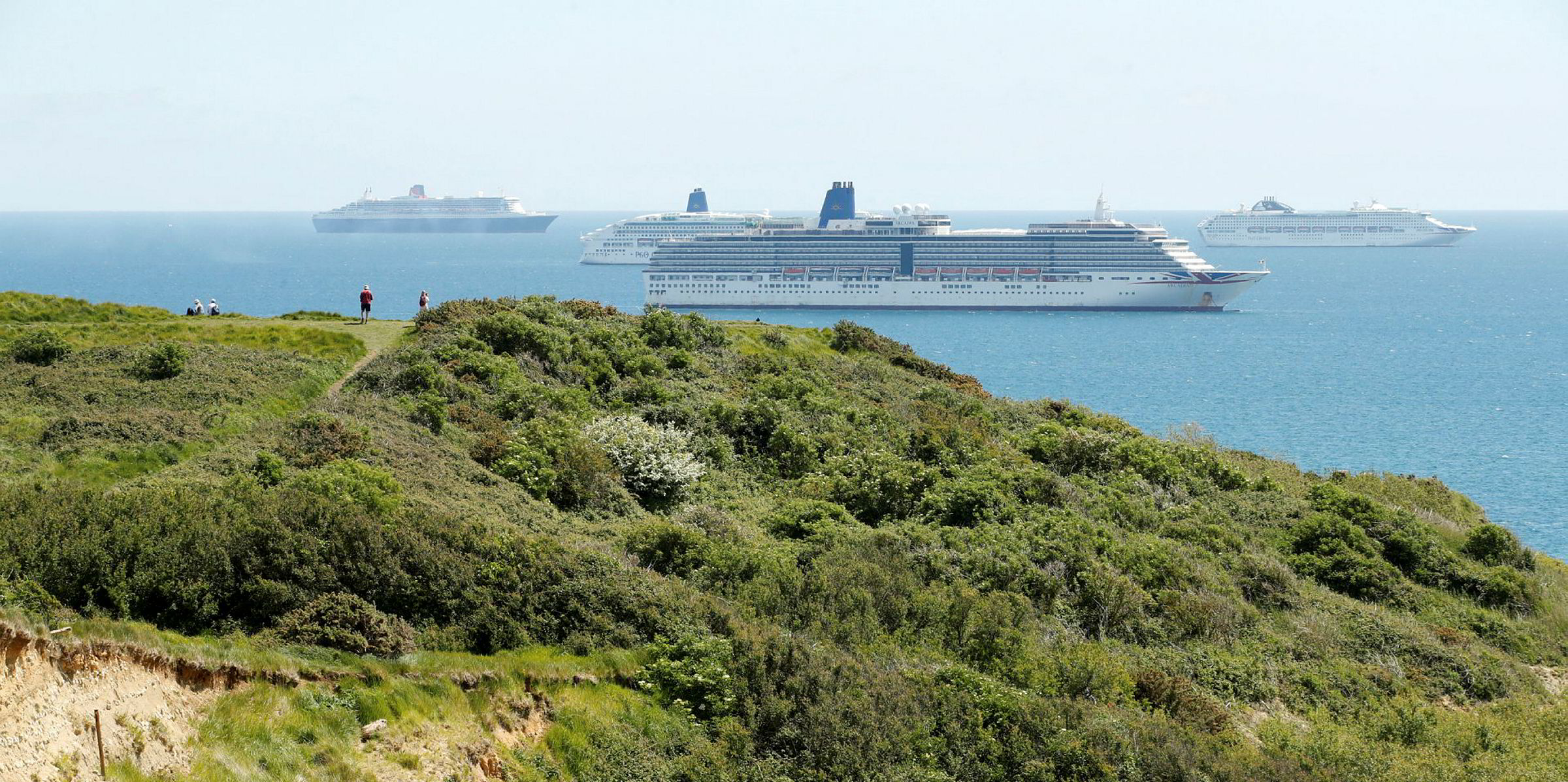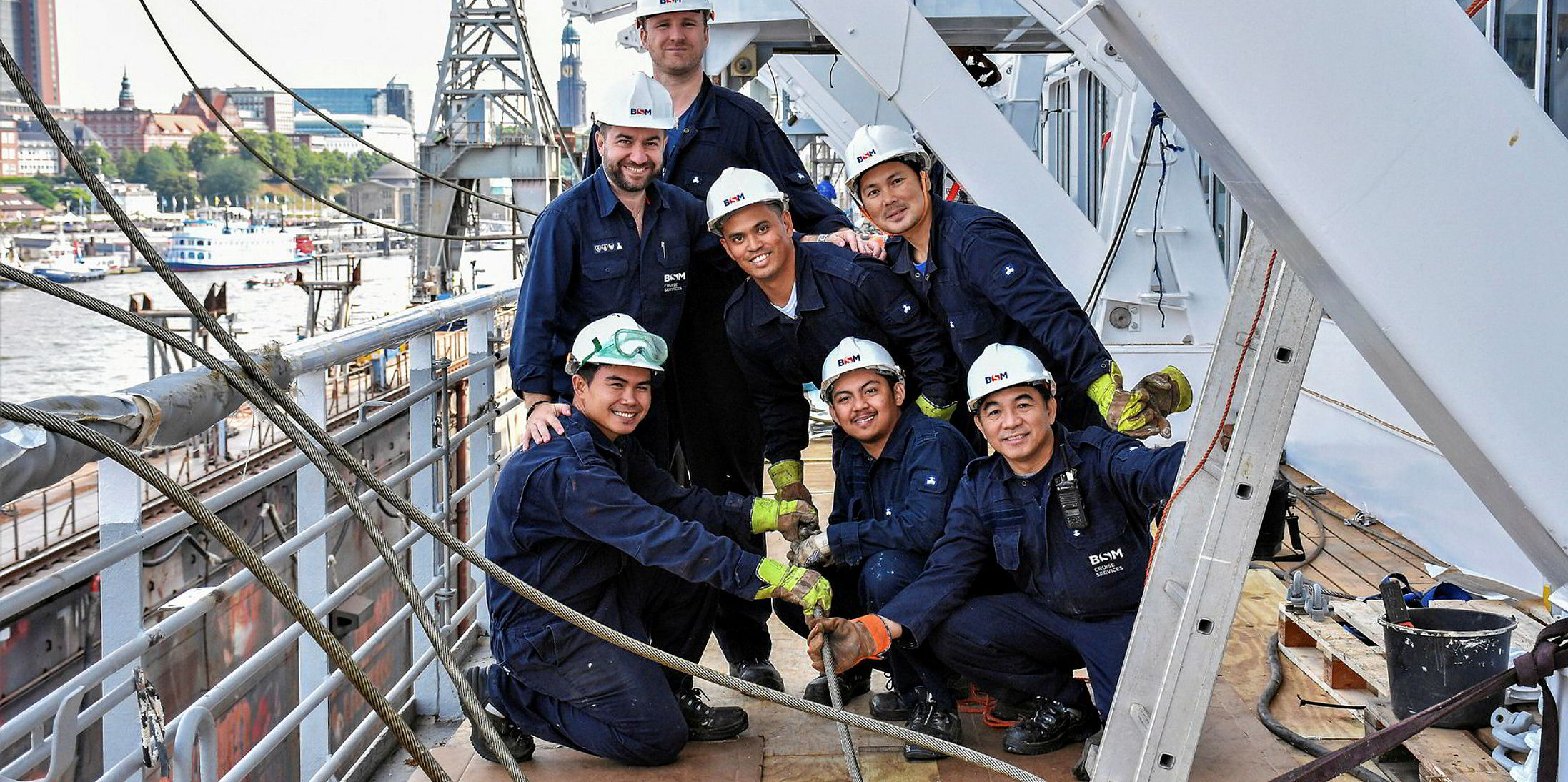At least 150,000 seafarers are stranded at sea amid the Covid-19 pandemic, but they are not completely alone as they long for home.
Several organisations have stepped up in trying to repatriate these isolated souls as they stare out of porthole windows, wondering when they will ever come ashore.
Members of the North American Maritime Ministry Association (NAMMA) are making “gangway-only” visits to ships in port while wearing personal protective equipment.

They give the seafarers anything they can to brighten their long days on board, such as mobile phone SIM cards and wifi hotspots to help them contact their families
“There are still a lot of ships where the connectivity is high-priced or they don’t have it at all,” NAMMA executive director Jason Zuidema told TradeWinds.
The association also runs errands for the trapped crew, even if it is just to get them snacks to lift their spirits.
“Seafarers are human beings just like me and you,” Zuidema said. “They like comfort food when they’re in social isolation, so we try to provide things that may not be on the regular menu, things like chocolates or chips or their vitamins or whatever.
“It’s a little thing that has built into it a sign of compassion and care in a human link with someone else.”
Maritime union ITF Seafarers is pressuring flag states to repatriate seafarers from more than 160 countries while authorities figure out how to disembark them safely, head of actions unit Fabrizio Barcellona said.
Lack of information
“There are about 13 cruise vessels in the Manila Bay waiting for the government to allow the disembarkation and testing of seafarers. Similarly, a number of companies have transferred crew from ship to ship and are heading toward areas where seafarers can be repatriated either directly by ship or by chartered planes,” he told TradeWinds.
“The situation is becoming increasingly difficult because of the inactivity and lack of information seafarers have on board. This has highlighted the ... mental exhaustion that many seafarers have experienced for the prolonged time of isolation.”
The cruise industry has produced a protocol for repatriating seafarers with the International Labour Organization (ILO) and the IMO, but Barcellona said governments have been less than cooperative.
“It has not helped that some of the countries that have the seafarers forming the bulk of a cruise vessel have unilaterally closed up the border to the return of their own citizens,” he said.
Calls to the US-based Cruise Lines Industry Association went unanswered.
Affiliates of ITF Seafarers have opened up facilities in the Philippines to accommodate returning seafarers, with help from the United Nations.
“Crew changes are now happening — not at the pace we would like, however,” Barcellona said. “The situation is improving, although it will take a few good weeks to complete the first phase of repatriating those seafarers who have already completed their contract and are still on board.”

UK charity Stella Maris (formerly Apostleship of the Sea) is working with cruise major Carnival Corp to provide video-recorded church services to its stranded workers.
“I am very aware that many of you are here in England, a long way from your home and your families,” Bishop Philip Egan, head of Portsmouth Roman Catholic Diocese in southern England, said during a mass that included prayer, scripture reading and blessings.
“As a Catholic community, we are very conscious of this, and we want to express to you our love and promise of prayers for you; we pray for you all the time.”
Captain Andriyan Evtimov, the IMO’s goodwill maritime ambassador for Bulgaria, has circulated a “Seafarers Matter” global petition urging IMO member states to bring seafarers home. The petition has gained more than 6,000 signatures and will be available online until mid-June, spokesman Aleksandar Todorov said.
Negative impact
“Currently, only a few countries permit crew member exchange in their ports, which has a direct negative impact on seafarers’ well-being, on the safety of navigation and the global supply chains,” Todorov told TradeWinds.
The ILO is working with the IMO, World Health Organization and International Chamber of Shipping on this initiative to repatriate crew.
“Seafarers should be officially recognised as key workers and should be granted exemptions from any travel restrictions and special considerations to enable them to join and leave their ships and return home without impediment, while complying with good practice in infection control,” ILO spokeswoman Isabel Piquerhubert told TradeWinds.








